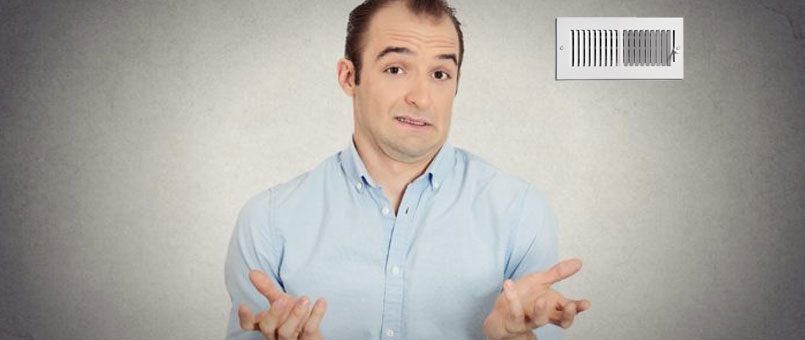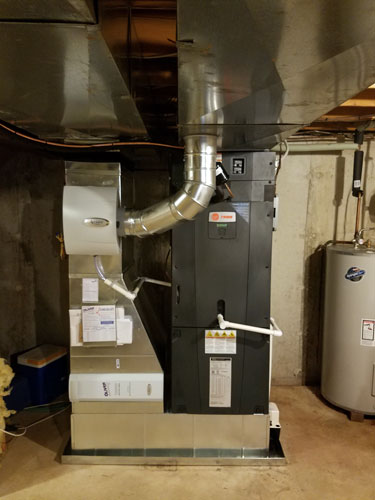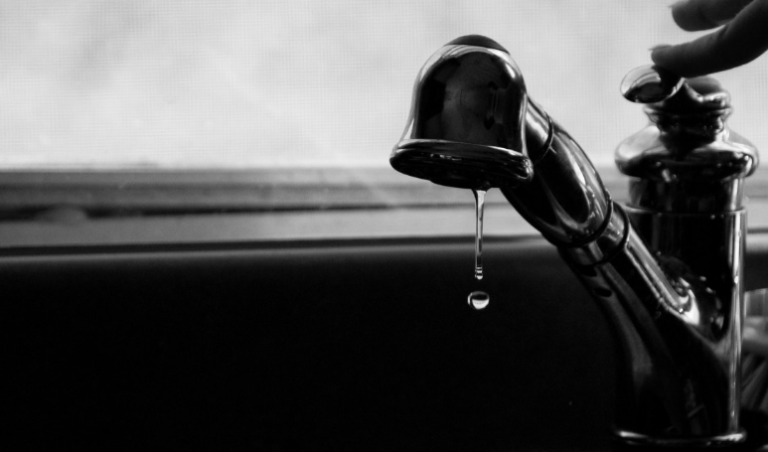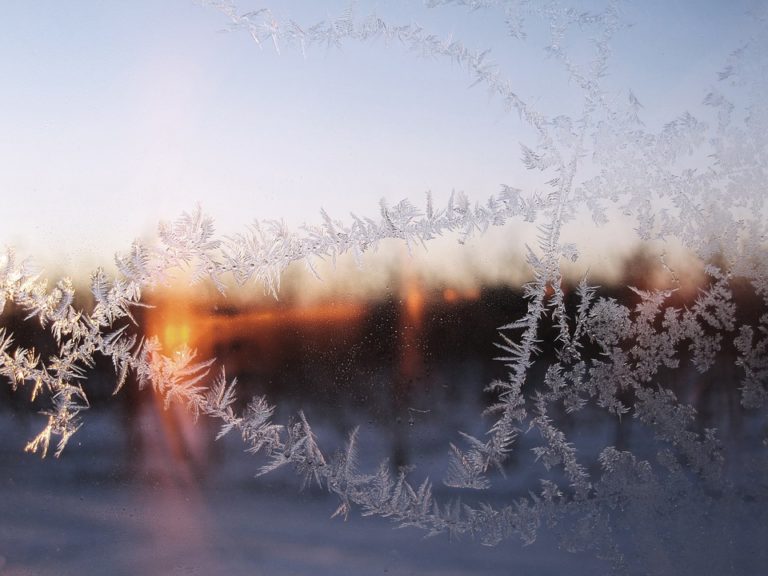When your furnace is trying to regulate the temperature in your home it will have to turn on and off regularly. On average this cycling should occur anywhere from three to eight times an hour. There are many factors at play that determine how often your furnace will cycle in the winter. If you feel like your furnace is cycling more than it should, we recommend having a trained HVAC professional inspect your system and check for any issues. If you live in Pennsylvania, New Jersey, or Delaware the technicians at Oliver Heating & Cooling are standing by to help. Simply reach out today for a furnace repair estimate.
Why Does My Furnace Cycle Frequently?
How many times your furnace runs in an hour is dependent on several different variables. While frequent cycling can be an indication of an issue with the system, you may simply have drafty windows, unsealed doors, or poor circulation to blame for the lack of maintained heat. Occasionally, extreme temperatures can cause your thermostat to cycle more than usual just to keep your home at the desired comfort level. If the cycle frequency has escalated recently, there are a few common causes that can be investigated.
Broken Thermostat
If your thermostat is malfunctioning or dirty it may not be detecting the internal temperature of your home appropriately. Make sure your thermostat isn’t too close to a heat source or direct sunlight to determine if it is the culprit.
Overheating Furnace
Overheating is a leading cause for a furnace short cycling. Commonly caused by a blockage in airflow either in the ducts or at the intakes, the lack of air flowing through the system can cause it to be overworked.
Old Furnace
Most furnaces last around 15 to 20 years so if you have an older furnace, it may simply be unable to run as efficiently as it should. If it is time to replace your old furnace, you may notice it short cycling and not being able to keep up with the demand.
Blocked Flame Sensor
If your furnace is rapidly cycling, a dirty flame sensor may be the issue. It’s important to make sure your flame sensor is clear of any debris so that it can prevent a potential gas leak that could cause serious problems in your home.
Contact Oliver for a Furnace Inspection
If you still believe your furnace is cycling more than it should in the winter, contact the furnace professionals at Oliver. Whether you have a gas, oil, or electric furnace, Oliver can help. We’ll be able to diagnose any issues and recommend the best plan of action, whether that be a furnace repair or replacement.










